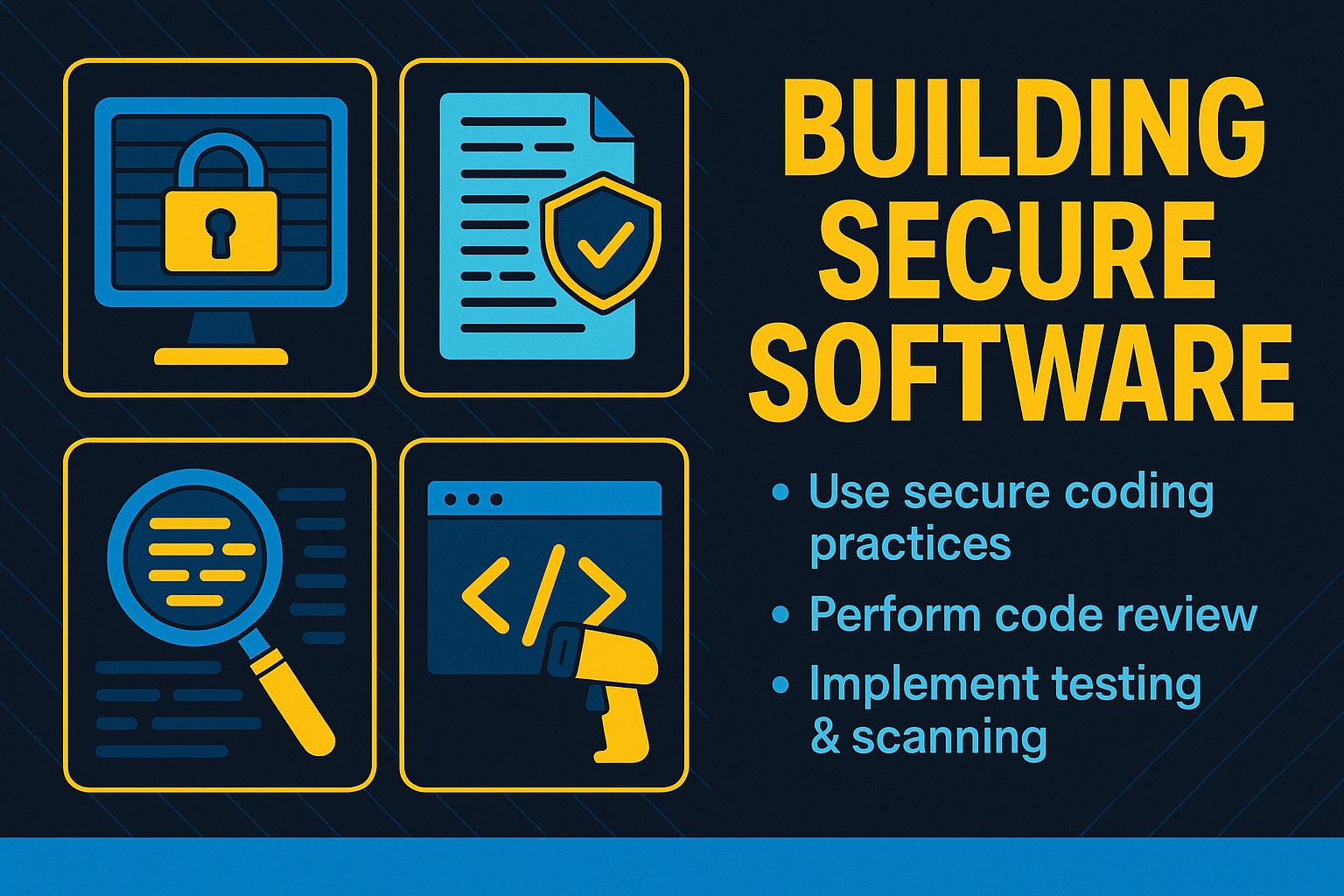Schedule a Demo
Operations managers in the media and entertainment industry are constantly on the lookout for vendors that can enhance their operational efficiency and creativity. Their approach to finding the right partners is both methodical and strategic, reflecting the high stakes of their sector. In my experience working with operations managers, I've noticed they prioritize vendors who can offer tailored solutions that align with the unique demands of media production and content distribution.
One of the first steps in this process is a thorough needs assessment. Operations managers start by clearly defining what they need from a vendor, whether it's software for content management, hardware for production, or services like post-production or distribution. This step is crucial as it sets the foundation for the entire vendor selection process, ensuring that the solutions sought are not only technologically advanced but also culturally and operationally compatible with their organization.
Industry events and networking play a pivotal role in the vendor search. Operations managers often attend conferences like the National Association of Broadcasters (NAB) Show or the International Broadcasting Convention (IBC) to connect with potential vendors. These events provide a platform for hands-on demonstrations and discussions, allowing managers to gauge the fit of various solutions. Additionally, these gatherings foster relationships that can lead to trusted partnerships, which are invaluable in the fast-paced media and entertainment world.
Networking isn't limited to in-person events; online platforms and professional networks like LinkedIn also serve as vital tools. Operations managers use these platforms to research vendors, read reviews, and even reach out directly to other professionals for recommendations. The insights gained from such networks are often more nuanced and reliable than generic online searches or company websites.
Technology has revolutionized how operations managers in media and entertainment search for vendors. Advanced search engines and databases like Clutch or Gartner allow managers to filter vendors based on specific criteria such as industry focus, client testimonials, and service offerings. These platforms streamline the search process, saving time and enabling managers to make more informed decisions.
Moreover, operations managers often employ CRM and project management tools to keep track of potential vendors and their interactions. Tools like Salesforce or Asana help manage the vendor selection process from initial contact to final decision, ensuring no detail is overlooked. This systematic approach not only enhances efficiency but also ensures that the chosen vendor aligns well with the company's long-term goals.
Request for Proposals (RFPs) are a staple in the vendor selection process. Operations managers draft detailed RFPs that outline their requirements, project scope, and evaluation criteria. This formal document allows vendors to submit tailored proposals, giving managers a clear comparison of different solutions. The RFP process is rigorous but essential for securing the best fit for complex projects in media and entertainment.
Evaluating proposals involves a multi-faceted approach. Operations managers look at the technical capabilities of the solution, the vendor's track record, and their ability to meet deadlines. They also consider the vendor's understanding of the media and entertainment landscape, which is critical for delivering relevant and effective solutions.
Case studies and pilot projects are invaluable for operations managers in assessing vendor capabilities. By reviewing case studies, managers can see how a vendor has performed in similar projects, providing a real-world context for their decision-making. Pilot projects, on the other hand, allow for a hands-on evaluation of the vendor's solution in a controlled environment, minimizing risk before full implementation.
In my work with operations managers, I've seen how these pilot projects can be the deciding factor in vendor selection. They offer a tangible experience of the vendor's service, allowing managers to assess its impact on their operations. This approach is particularly effective in media and entertainment, where the integration of new technologies must be seamless and non-disruptive.
Beyond technical and operational compatibility, operations managers in media and entertainment also consider the cultural fit of potential vendors. A vendor that aligns with the company's values and work ethic can foster a more productive and harmonious partnership. This aspect is often explored through meetings and discussions, where managers assess the vendor's communication style and responsiveness.
Long-term partnership potential is another crucial factor. Operations managers are looking for vendors who can grow with their organization, adapting to changing needs and technologies. This forward-thinking approach ensures that the selected vendor remains a valuable partner over time, contributing to sustained success in the dynamic media and entertainment industry.
Cost is always a consideration, but operations managers in media and entertainment often prioritize value over the lowest price. They understand that investing in a high-quality vendor can lead to significant returns in terms of efficiency, creativity, and market competitiveness. This balance between cost and value is carefully weighed during the vendor selection process, ensuring that the chosen partner offers the best overall solution.
In my experience, operations managers often use a total cost of ownership (TCO) analysis to assess the long-term financial impact of a vendor's solution. This analysis takes into account not just the initial cost but also maintenance, upgrades, and potential savings from increased efficiency. Such a comprehensive approach helps managers make financially sound decisions that support their organization's strategic goals.
Ultimately, the process of finding the right vendor in media and entertainment is complex and multifaceted. Operations managers must navigate a landscape filled with technological advancements, industry-specific needs, and the pressure to deliver high-quality content. By employing a strategic and thorough approach to vendor selection, they can secure partnerships that drive success and innovation in their field.
